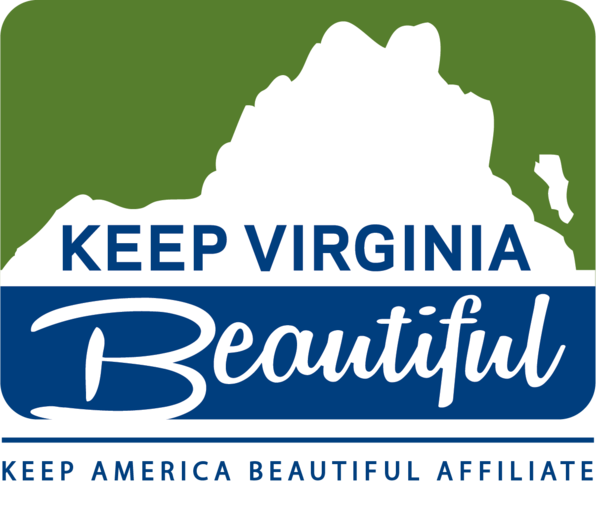Hooray for Bees!
 The humble honey bee does not do its work for praise, but on August 21st we all unite in celebration of this magnificent insect on National Honey Bee Day. Honey bees are incredibly important to our ecosystems, and in fact to life as we know it. We can thank these busy little pollinators for much of the food we eat, as well as their delicious honey and useful beeswax.
The humble honey bee does not do its work for praise, but on August 21st we all unite in celebration of this magnificent insect on National Honey Bee Day. Honey bees are incredibly important to our ecosystems, and in fact to life as we know it. We can thank these busy little pollinators for much of the food we eat, as well as their delicious honey and useful beeswax.
The honey bee is one of the most efficient pollinator species in the world. Though they are not native to the U.S., they have become an integral part of U.S. industry. Their supreme pollination skills are responsible for higher crop yields, making them an invaluable asset to farmers. Honey Bees are responsible for one out of every three bites of food we eat (USDA.gov). In Virginia they pollinate a variety of crops such as cucumbers, avocados and apples, blueberries and cherries. Yum!
In addition to their pollination skills, honey bees produce important substances that we use in everyday life. The first, of course, is their namesake – honey! Honey is a sweet substance to put over biscuits or in tea, but it also has some amazing health benefits. Honey is a natural antibacterial and anti-inflammatory. It has been linked to lower levels of blood sugar, cholesterol, and triglycerides. Another important substance honey bees produce is beeswax, which is a vital ingredient in many beauty products because it helps skin seal, and it retains moisture. Beeswax is also used to make products such as furniture polish, candles, and anti-rust treatments.
We all want to continue benefiting from the important work that honey bees do. We challenge Virginians to celebrate National Honey Bee day by taking some simple steps to protect pollinators. Avoid using pesticides, especially during the daytime hours when bees are most active. You can also plant native, pollinator-friendly plant species. Use a grass seed with clover mixed in. Plant flowers such as Bee Balm, Milkweed, and Coneflower, as well as trees such as Dogwood, Redbud, and American Persimmon. Reach out to the Virginia Native Plant Society to learn what to grow in your area of the Commonwealth.
To report or remove a bee swarm, contact the Virginia State Beekeepers Association before you spray. Or if you want to learn more about beekeeping click here for additional information.
